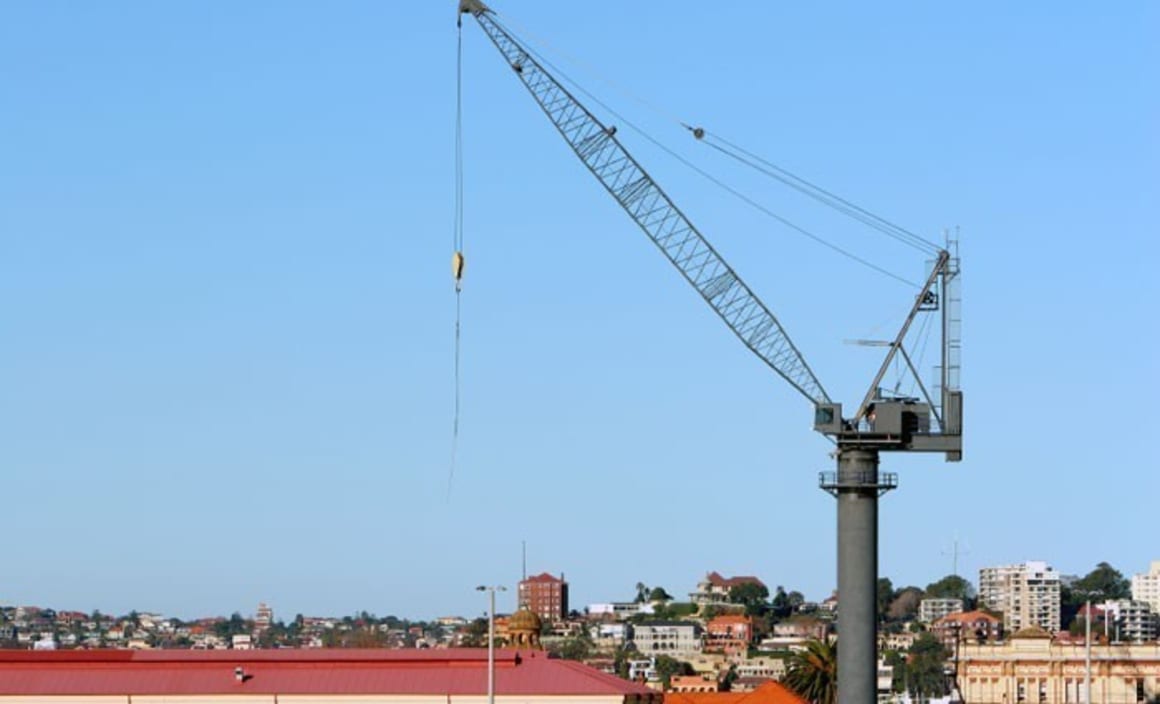City of Sydney refuses inner south residential rezoning requests

City of Sydney Council has refused requests for large tracts of industrial land in the city’s inner south to be rezoned for residential development.
The Council’s Central Sydney Planning Committee voted last Thursday (26 March) to preserve most of the area, called the South Sydney Employment Lands, for mainly business uses.
A report put on public exhibition mid-last year discussing proposed changes to the area’s zoning received 59 submissions. Many argued that residential development should be allowed more broadly than proposed on the 265 hectare area, which lies mainly in the suburbs of Rosebery and Alexandria in Sydney’s inner south.
“Most of these submissions come from landowners in the investigation areas … however, there are also some submissions from landowners in the proposed B6 Enterprise Corridor zone who also see a role for residential on their land,” the report that considered the submissions noted.
The latest report’s review and analysis determined that, in general, residential development should be banned on those sites.
There will be a limited number of exceptions in the so-called investigation areas around Botany Road south of Beaconsfield and between McEvoy Street and Bowden Street near Green Square station.
Council accepted the report’s recommendations to allow affordable housing and consider private residential developments on a site-by-site basis in those areas. One condition on any private residential development would be that developers would have to share half of any monetary benefit they received when rezoning increased the value of their land with Council to provide services such as infrastructure and affordable housing.
Residential development will be banned elsewhere in the South Sydney employment lands.

Source: City of Sydney
Noise and other environmental factors made residential uses incompatible with existing industrial operations in the area, the report said.
It argued that residential developments were more profitable for land owners, which would discourage them from keeping their land for business uses if the zoning changed.
“Where sites are being developed for residential uses there can be significant resistance to providing even a small amount of commercial or retail space in a development. This is because of markedly higher returns that developers receive from developing a residential product as opposed to a commercial product,” the report said.
“Importantly, once this land is developed for residential purposes and subdivided it can almost never be converted for commercial uses in the future. This puts the burden on government to be cautious about allowing residential uses on those lands that may be needed for productive purposes in the future.”
Many former industrial sites around the country are being redeveloped as apartments and private housing, where local government policies are encouraging urban renewal.
In neighbouring Green Square, another previously industrial area which has been rezoned to allow residential development, few sites are now wholly dedicated to business.
“In the southern employment lands, permitting residential uses would almost certainly have a similar impact that it has had in the Green Square urban renewal area … Restricting residential development is essential to ensuring employment uses can continue to locate in the area,” the report said.
It noted that the City of Sydney was ahead of its targets for housing development so there was “no clear or urgent argument for why strategically important employment lands should be immediately released in favour of residential development”.
In the greater Sydney area, 8597 new housing lots were released for development in 2014, up from 6690 in 2013, the latest UDIA State of the Land report showed.